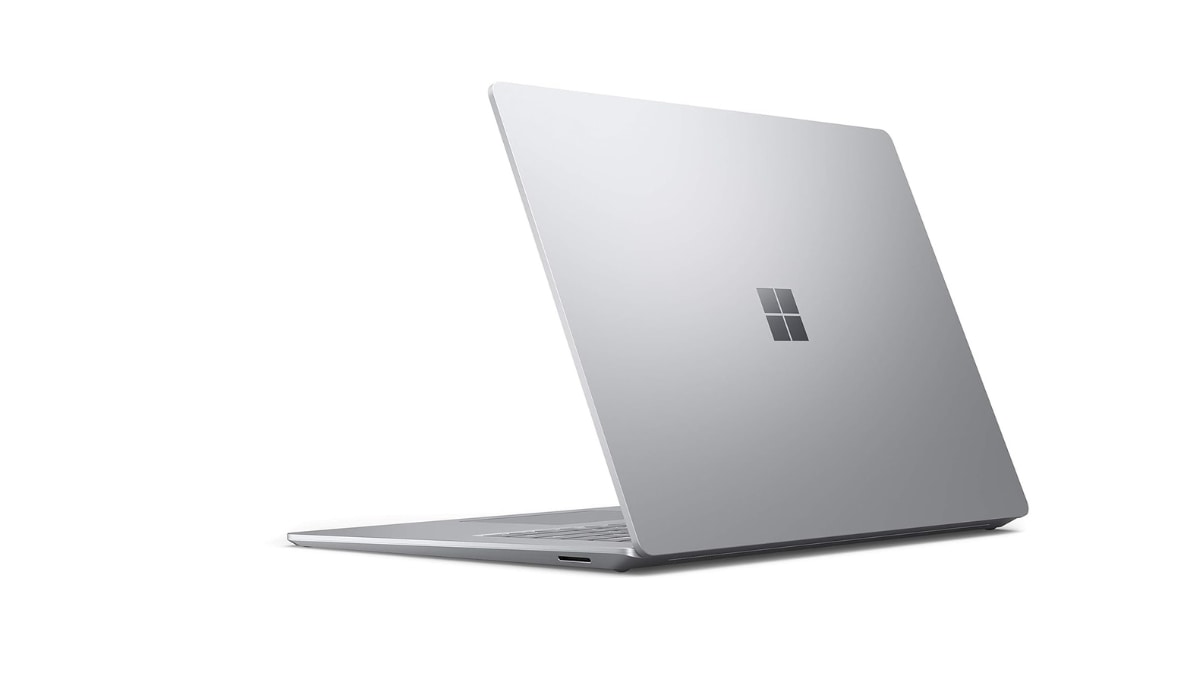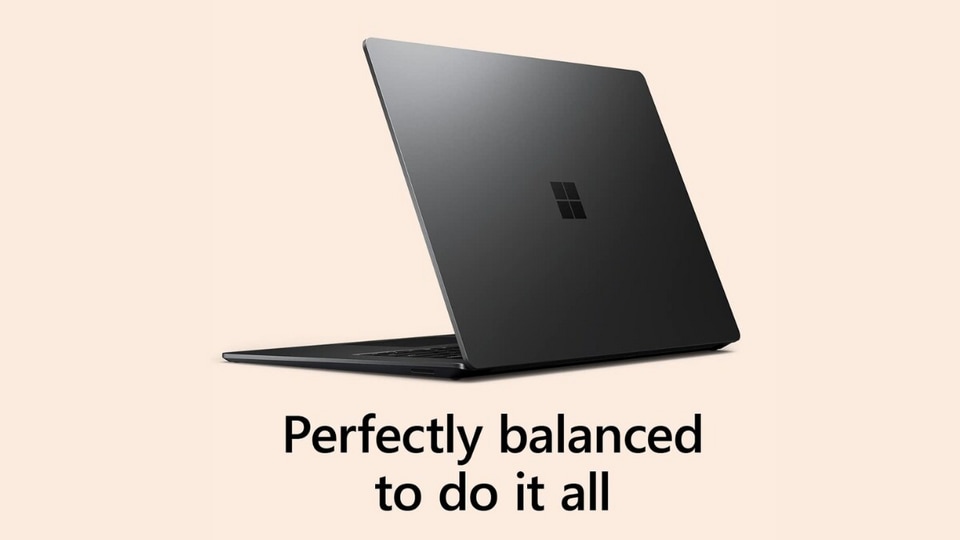Microsoft’s Cloud Recovery Is Outshining Rivals Amazon, Google
The software maker’s business is likely getting a boost from an alliance with startup OpenAI






 View all Images
View all ImagesIn the race to rebound from a two-year slowdown in spending on cloud computing, Microsoft Corp. is pulling ahead of its chief rivals, Amazon.com Inc. and Google.
Microsoft's Azure cloud business posted 29% sales growth in the September quarter, faster than analysts estimated, in part because of corporate customers' interest in new artificial intelligence products. In its own report the same day earlier this week, for the same period, Google parent Alphabet Inc. struck a more subdued tone, saying that cloud clients are still in cost-cutting mode. And on Thursday, Amazon.com Inc.'s cloud-revenue picture was mixed, with sales slightly less than projected and operating income ahead of analysts' predictions. Microsoft — which is No. 2 in the market, behind Amazon but ahead of Google — noted that it took cloud market share from competitors, but didn't say which.
After a spree of investment during the pandemic, businesses spent much of 2022 and 2023 in what the biggest software companies euphemistically called “optimization” — making better use of stuff they're already paying for and looking for places where they can save. That has meant the biggest cloud providers are vying to land big contracts in a more challenging environment, leading them to look for ways to entice businesses, including by offering to incorporate the latest artificial intelligence-based products that promise to boost efficiency.
“The world is going to be driven by workloads accelerating into the cloud,” said Stefan Slowinski, an analyst at BNP Paribas's Exane. “CEOs make that decision based on gut, and right now they're still being cautious.”
New interest in developing and running AI applications has almost certainly influenced recent corporate decisions about which cloud partner to sign with. Microsoft offers ways to work with a number of AI tools, and has gained a reputation as a leader in the burgeoning space because of its partnership with OpenAI, which makes the popular ChatGPT program for generating content. That alliance helped fuel new customer growth, Microsoft said — a service called Azure OpenAI, which lets Microsoft's cloud customers use the startup's technology for their own applications, attracted more than 18,000 customers, up from 11,000. Microsoft has also invested $13 billion in OpenAI and serves as its cloud provider, so that firm's increasing need for computing power also benefits Microsoft.
Amazon, for its part, is trying to appeal to clients with a menu of different options, as well as a partnership with AI developer Anthropic, which makes the Claude chatbot. Alphabet Inc.-owned Google says it is a popular choice among big companies and AI startups alike, with CEO Sundar Pichai saying on a conference call that more than 60% of the world's 1,000 largest companies are Google cloud customers, as well as “more than half of all funded generative AI startups.”
Amazon Chief Executive Officer Andy Jassy told analysts on the e-commerce giant's conference call Thursday that generative AI represents an opportunity worth “tens of billions” of dollars for Amazon Web Services, the company's cloud unit, which he ran in his prior role. AWS revenue growth came in at 12%, about the same pace as the previous quarter. But operating income was about $1.3 billion ahead of analyst expectations, pushing operating margin for the cloud unit — which tends to account for all of the company's profit — to the highest level since the first quarter of 2022.
On a conference call with reporters, Amazon Chief Financial Officer Brian Olsavsky said that some companies are still working on “optimization,” but the pace “has started to slow down.” Some businesses were making new commitments to AWS, or resuming projects that had been paused earlier, he said. On a later call with analysts, the company said several new deals with customers were signed late in the third quarter and won't show up as revenue until the current period. The comments helped push Amazon shares higher in late trading Thursday.
At Microsoft, the 29% jump in sales from Azure cloud services outpaced the 26% growth for in the previous quarter, sending the company's stock higher in New York trading the next day. CFO Amy Hood said that while the “optimization trends” were similar to the previous quarter's, consumption — a measure of the amount of Azure services used — was better than expected, and the company saw growth in the number of contracts worth more than $10 million for both Azure and Office cloud services.
Google's cloud unit, which includes both of the types of infrastructure services that are part of AWS and Azure and adds in results from productivity software, saw growth rise 22% in the quarter from a year earlier. That's a deceleration from the previous quarter's growth. Sales for the unit were $8.4 billion, falling short of Wall Street projections of $8.6 billion. Profit also came in short of estimates. Alphabet President Ruth Porat said in an interview that the unit's sales had been affected by some customers' belt-tightening. The shares fell 9.5% the following day, their biggest decline since March 2020.
“Cloud computing is a much lumpier business than advertising, and one where Google is facing stiff competition,” said Max Willens of Insider Intelligence. “While the traction it has among AI startups may bear fruit in the long run, it is not currently helping Google Cloud enough to satisfy investors.”
Catch all the Latest Tech News, Mobile News, Laptop News, Gaming news, Wearables News , How To News, also keep up with us on Whatsapp channel,Twitter, Facebook, Google News, and Instagram. For our latest videos, subscribe to our YouTube channel.





























